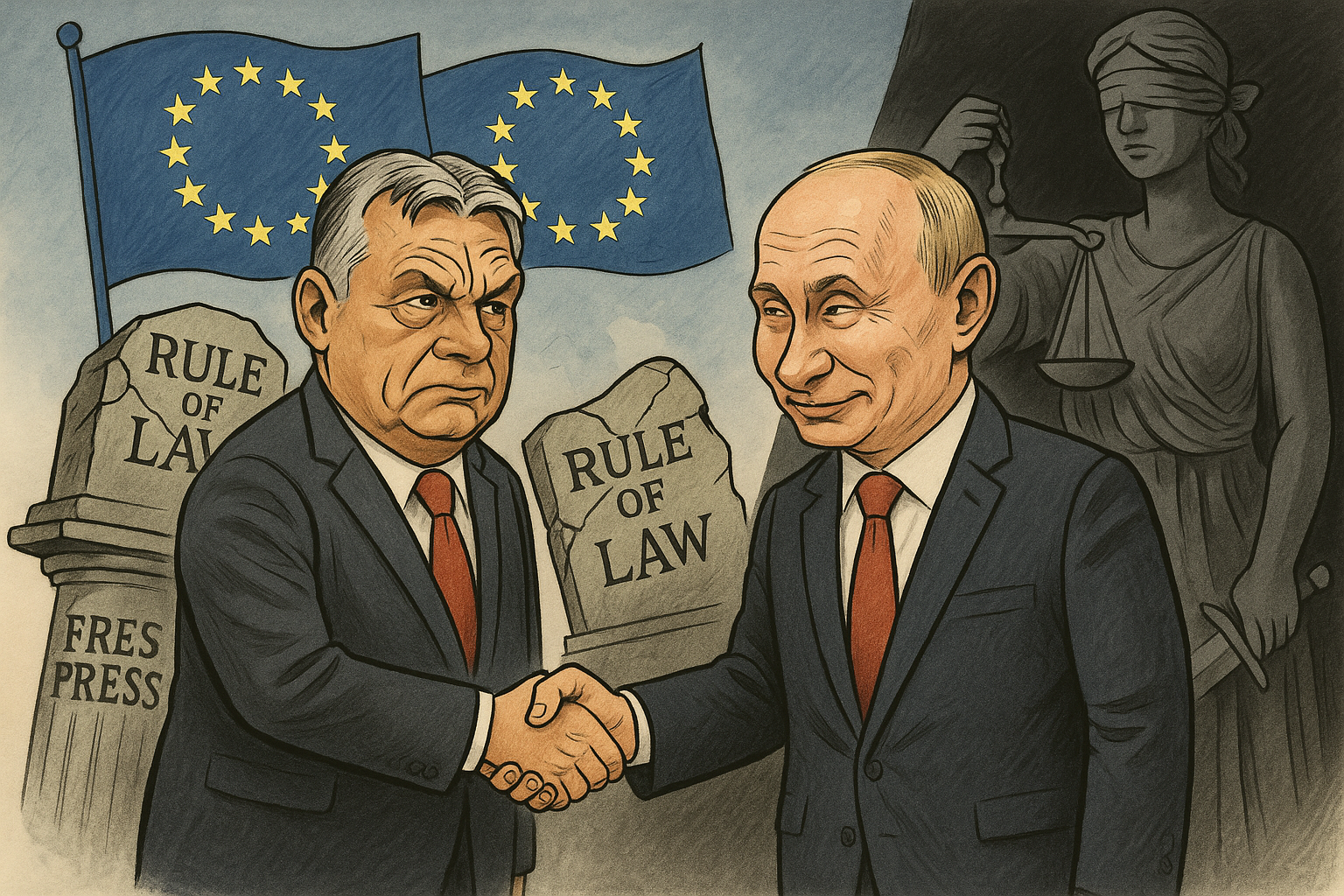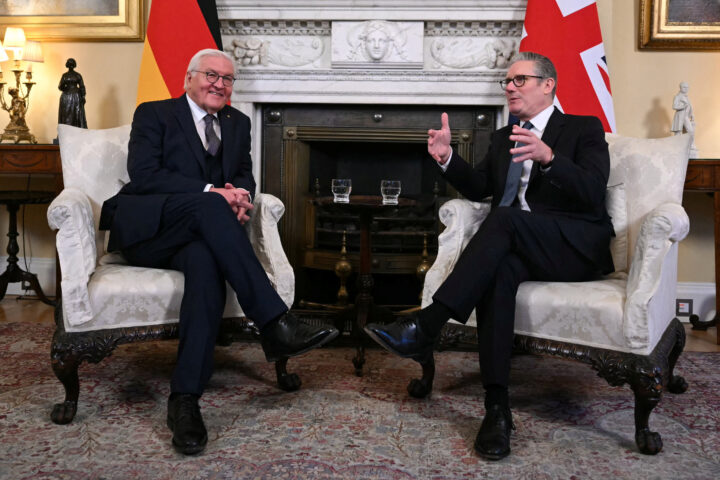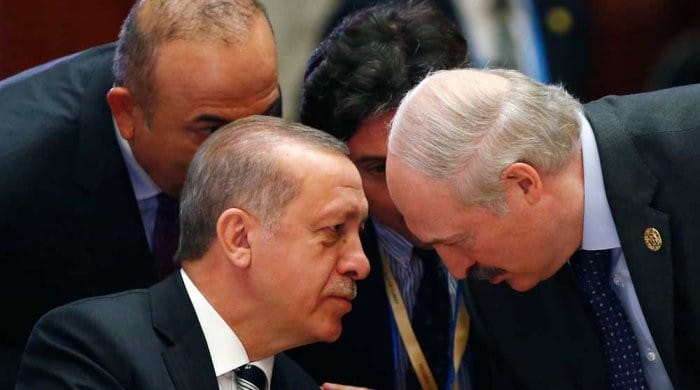Hungarian Prime Minister Viktor Orbán appears to be emulating the authoritarian playbook of Russian President Vladimir Putin, employing similar strategies to consolidate power and suppress dissent. Amid economic challenges such as recession, currency devaluation, inflation, and strained EU relations, Orbán has intensified efforts to maintain control over Hungary’s political landscape.
Alleged Ukrainian Interference: A Convenient Scapegoat
In a recent move, Orbán accused Ukrainian intelligence services of orchestrating a coordinated campaign aimed at disrupting Hungary’s referendum on Ukraine’s EU membership. He further alleged that the Hungarian opposition was complicit in this alleged conspiracy. Orbán’s rhetoric positions him as a defender of national sovereignty against foreign interference, a narrative that resonates with his base but lacks substantiated evidence.
Legislative Measures: Eroding Democratic Institutions
Orbán’s government has introduced several legislative measures that undermine democratic institutions. In 2017, Hungary enacted a law requiring non-governmental organizations (NGOs) receiving foreign funding to register as “foreign-supported” entities and disclose donor information. The European Court of Justice ruled this law violated EU law, citing discriminatory restrictions on the free movement of capital. Despite the ruling, Orbán’s administration has continued to enforce similar policies.
Recently, a new bill titled the “Transparency of Public Life” has been proposed. If enacted, it would grant the Sovereignty Protection Authority the power to blacklist organizations receiving foreign funding, including EU grants, deemed a threat to Hungary’s sovereignty. Critics argue this bill mirrors Russia’s “foreign agent” law and could further suppress civil society and independent media.
Political Maneuvering: Discrediting Opposition and EU Relations
Orbán’s government has also sought to discredit opposition parties and civil society organizations by labeling them as agents of foreign influence. The arrest of two Hungarian citizens on suspicion of espionage in Ukraine has been portrayed as evidence of a broader conspiracy. This narrative serves to rally nationalist sentiments and distract from domestic issues.
Simultaneously, Orbán has clashed with the European Union over various policies, including opposition to sanctions against Russia and criticism of EU funding mechanisms. These confrontations have strained Hungary’s relations with Brussels and raised concerns about its commitment to EU values.
EU’s Response: Calls for Action Under Article 7
The European Union has expressed concern over Hungary’s democratic backsliding. In 2018, the European Parliament voted to trigger the Article 7 procedure, which could lead to sanctions against Hungary for breaching EU values. However, the process has stalled, with no concrete actions taken since then.
Civil society organizations and EU lawmakers continue to advocate for stronger measures, urging the EU to uphold its foundational principles and take decisive action against member states that undermine democracy.
Conclusion: A Crossroads for Hungary and the EU
Hungary stands at a crossroads. Orbán’s increasing authoritarianism challenges the EU’s commitment to democratic values and the rule of law. The EU faces a critical decision: whether to continue diplomatic engagements or take concrete steps to address Hungary’s democratic backsliding. The outcome will have significant implications for the future of the European Union and its ability to maintain its foundational principles.















